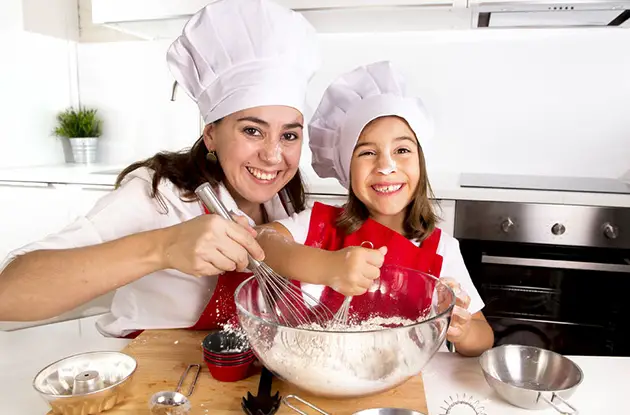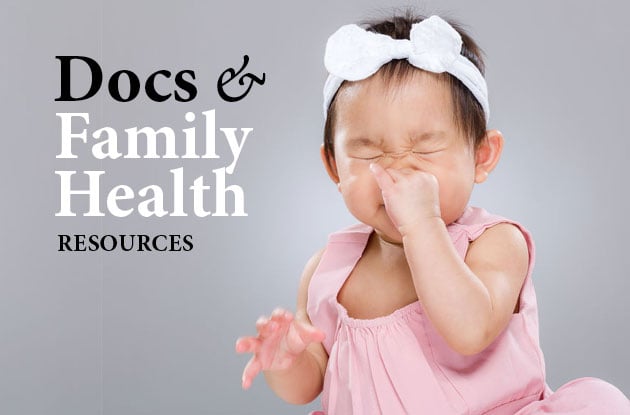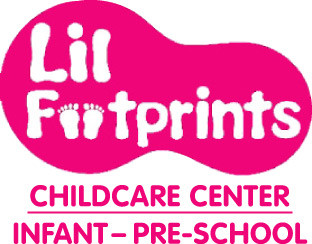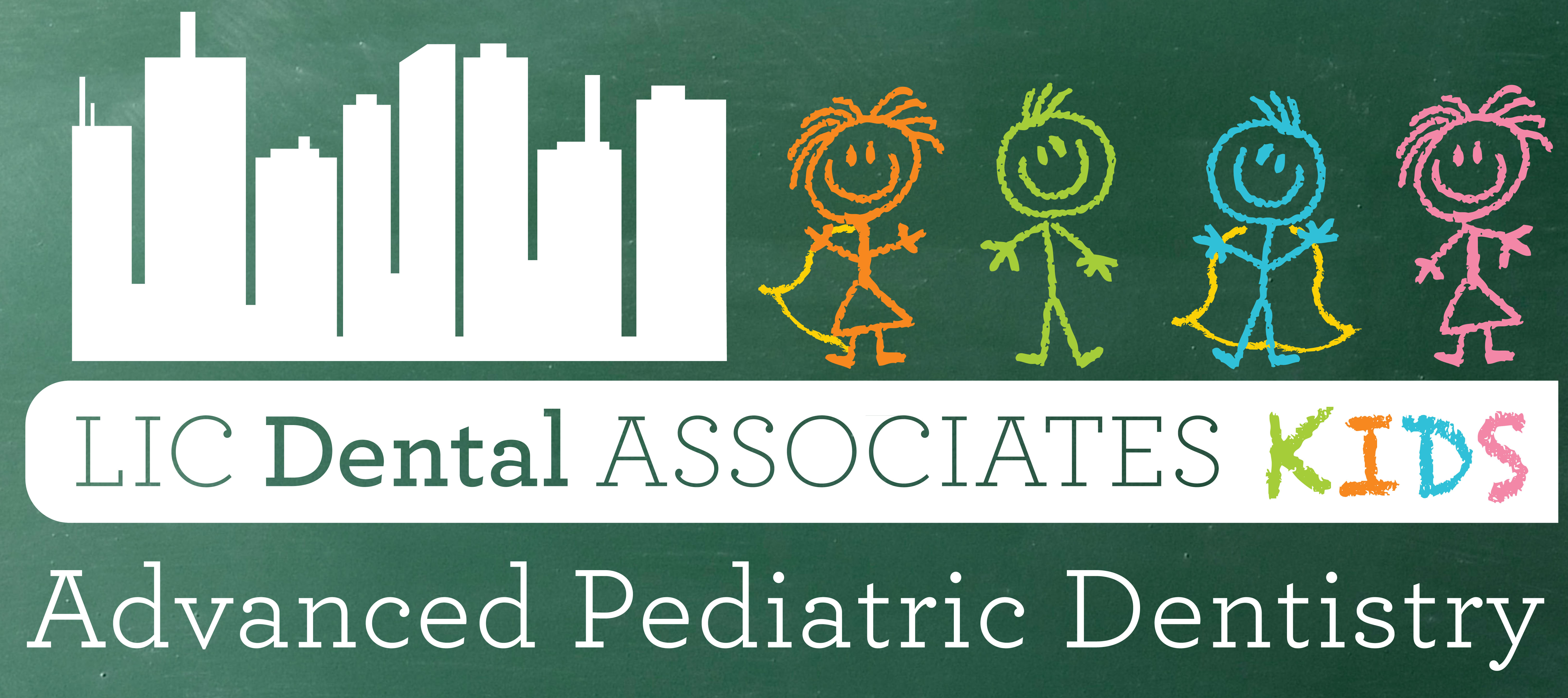
How to Help Kids with Food Allergies
One in 13 kids has food allergies, which is equivalent to nearly two kids per class in the United States.
Get can’t-miss family activities sent to you!
Get the Best Family Activities
What can parents do to be more sensitive to a child with food allergies who may be in their child’s class?
Some classrooms or schools may be “peanut-free” or “tree nut-free,” or may offer a “peanut-free table.” Parents may be asked to send in lunches or snacks without peanuts or tree nuts, and should be cognizant of these requests. Also, children without food allergies may bully children with food allergies, so teachers and parents should be aware of any such activities.
How can parents better support their child who has food allergies?
Food Allergy Research and Education (FARE) offers numerous resources for food-allergic patients such as tips on home food preparation, dining out in restaurants, and dealing with food allergies at school. It also provides resources such as food allergy support groups for parents who may feel overwhelmed by their child’s food allergies. Family and patient education about avoiding food allergen cross-contamination and accidental food exposures is provided by the allergist. Meals should be customized for children with food allergies, and involving the child in grocery shopping and menu preparation may be helpful. Nutritionist evaluation may be needed in a child with multiple food allergies to ensure a healthy diet.
What are some resources parents of children with food allergies can use to help them?
Regularly scheduled visits with the allergist are important in monitoring a child’s food allergies and providing ongoing patient education. Online resources include FARE; the American Academy of Allergy, Asthma, and Immunology; and the American College of Allergy, Asthma, and Immunology.
RELATED:
Find Allergy Specialists in Your Area
More Food & Nutrition Resources








